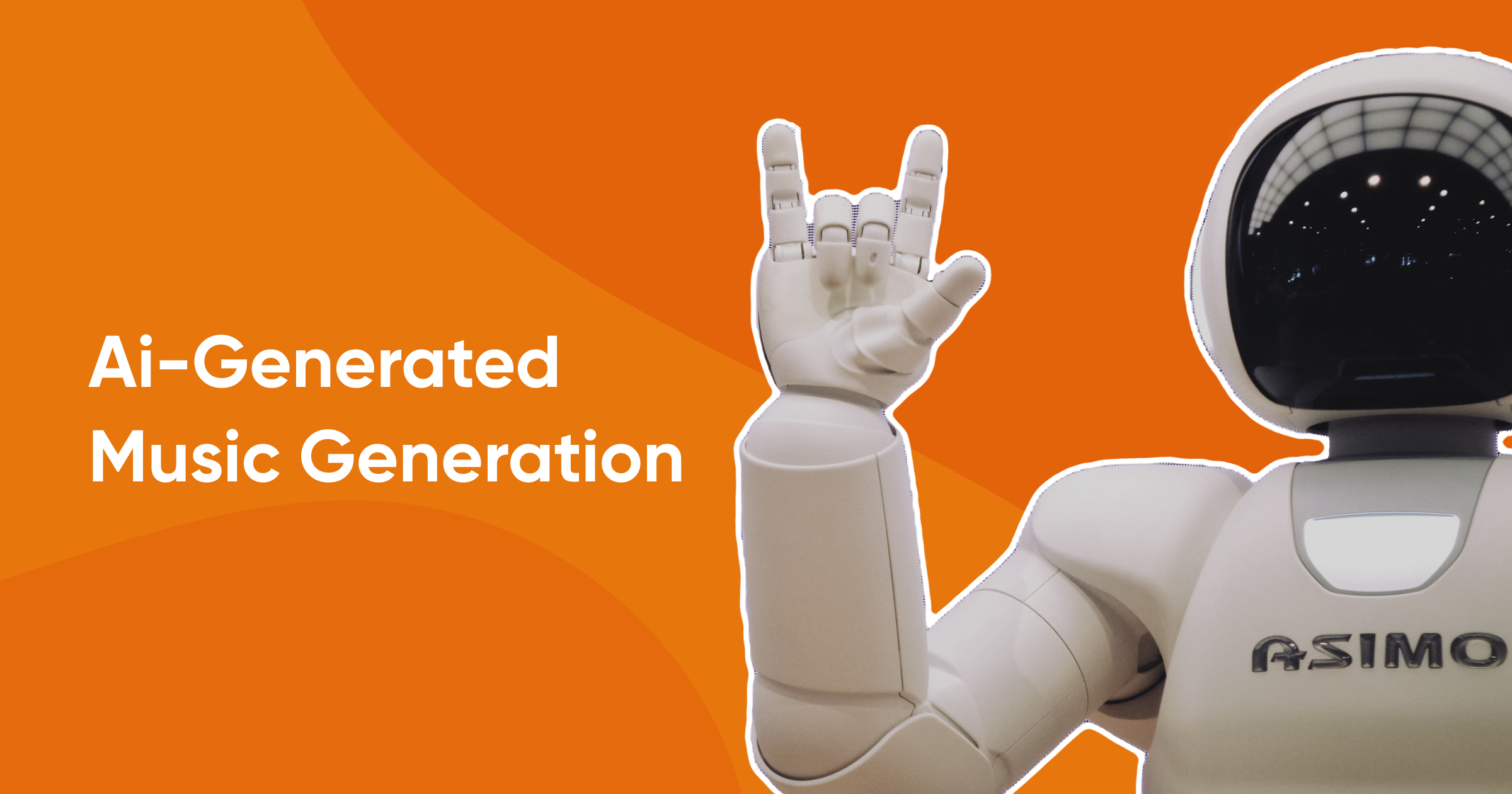AI-generated "Fake" Drake and Weeknd Song Turns Up the Volume on Copyright Debate
Amrusha Chati
21 August 2023 • 3 min read

Table of contents
When a song by two of the biggest pop stars in the world was released in April 2023, it took the internet by storm. Within days it racked up millions of views and was streamed 6 million times on Spotify alone. Unfortunately, it was an AI-generated "fake" Drake and Weeknd song. And it stirred up a lot of controversy.
The case has added fuel to the debate about copyrights for works of art, artificial intelligence, and human creativity.
So as the "fake" Drake- Weeknd AI-generated song turns up the volume on copyright issues, let's take a closer look at it.
What is the "fake" Drake controversy?
The now infamous new song "Heart on My Sleeve" was released on social media as a collaboration between Drake and The Weeknd. It was allegedly created by a TikTok user called ghostwriter977. The creator claimed that they had replaced their vocals to sound like Drake.
The Universal Music Group (UMG), which publishes the work of both Drake and The Weeknd through its label Republic Records, was quick to react. It had the deep fake track pulled from streaming services like Apple Music, YouTube, Twitter, TikTok, Amazon, SoundCloud, Tidal, and Deezer within days.
Universal Music said that using original music to train generative AI "represents both a breach of our agreements and a violation of copyright law" and that "these instances demonstrate why platforms have a fundamental legal and ethical responsibility to prevent the use of their services in ways that harm artists."
Generative AI and copyright issues
Content created using AI technology, also known as generative AI, has been in the eye of the storm for some time now. It's raising legal and ethical questions about content creation using AI.
Who is the real "creator" of such an AI-generated work of art? Who does the copyright belong to? What qualifies as independent "creativity" in an AI algorithm? What constitutes copyright violation in such cases?
To answer some of these, the US Copyright Office issued a Statement of Policy earlier this year. This was part of a copyright review for Kris Kashtanova's comic book “Zarya of the Dawn.”
Kashtanova's graphic novel combined original text with images generated by the AI platform Midjourney. In February 2023, the Copyright Office decided that only the text was copyrightable.
The individual images generated by Midjourney couldn't be legally protected by copyright.
The statement said that "Copyright can protect only material that is the product of human creativity," and "the term "author" which is used in both the Constitution and the Copyright Act, excludes non-humans."
Out of tune: AI and the music industry
A few days before "Heart on My Sleeve," another AI-generated track had Drake's voice rapping in rhythm to an Ice Spice song. Pop star Drake's response on Instagram read, “This is the final straw AI.”
He spoke too soon because it looks like this is just the beginning
"Heart on My Sleeve" has put a spotlight on issues around creativity, copyright, intellectual property laws, and AI. The battle lines are being drawn in the music industry. AI music and AI companies stand on one side. And artists, record labels, and streaming services are on the other.
Following the "Heart on My Sleeve" uproar, UMG, in its statement, said:
“...the availability of infringing content created with generative AI on DSPs [digital service providers], begs the question as to which side of history all stakeholders in the music ecosystem want to be on: the side of artists, fans and human creative expression, or on the side of deep fakes, fraud and denying artists their due compensation.”
But the reality is a little more complicated than this. The organized music industry argues that AI songs harm artists. AI tracks deprive them of the right to consent and financial gains from using their names.
The counter-argument is that AI is enabling a host of creative possibilities. And these shouldn't be monopolized by record labels with deep pockets.
This is why making copyright laws to protect AI-generated works of art involving AI while fostering creativity in a new, emerging technological arena will be a tricky balancing act.
AUTHOR
Amrusha is a versatile professional with over 12 years of experience in journalism, broadcast news production, and media consulting. Her impressive career includes collaborating extensively with prominent global enterprises. She garnered recognition for her exceptional work in producing acclaimed shows for Bloomberg, a renowned business news network. Notably, these shows have been incorporated into the esteemed curriculum of Harvard Business School. Amrusha's expertise also encompassed a 4-year tenure as a consultant at Omidyar Network, a leading global impact investing firm. In addition, she played a pivotal role in the launch and content strategy management of the startup Live History India.
Related Blogs

Can Copyright Be Renewed? Understanding ...
31 May 2024 • 7 min read

Is Swiftie Trademarked? (Let's Explore)
28 May 2024 • 3 min read

How to Copyright a Song (A Comprehensive...
28 May 2024 • 5 min read

What Must an Entrepreneur Do After Creat...
22 May 2024 • 8 min read

How to Get a Design Patent (From Draftin...
22 May 2024 • 5 min read
